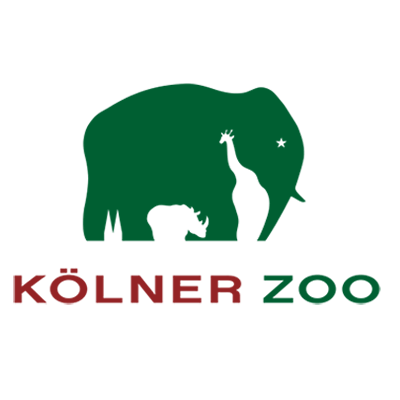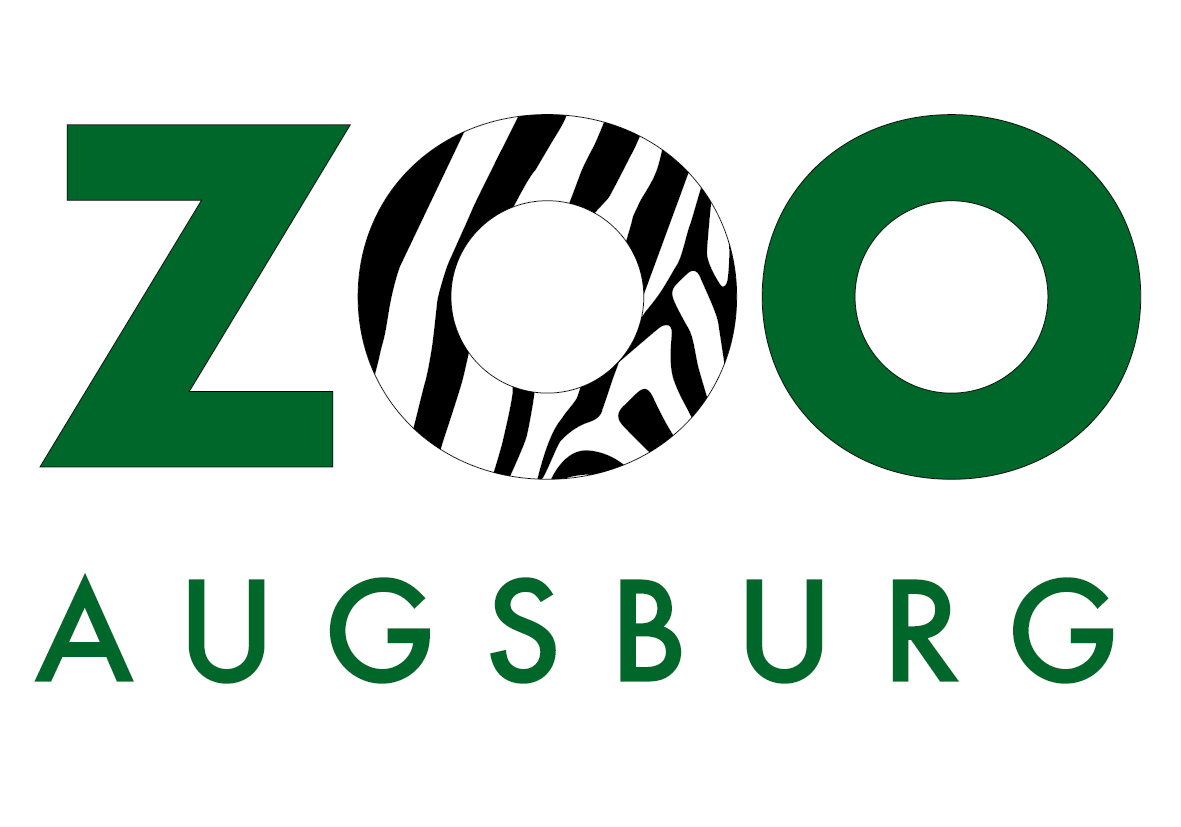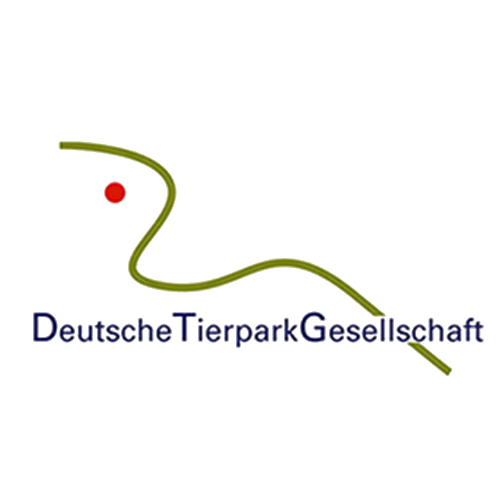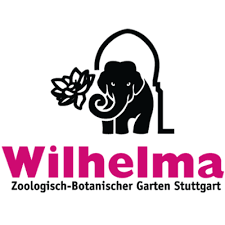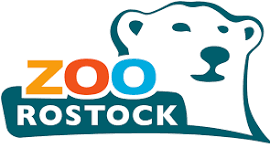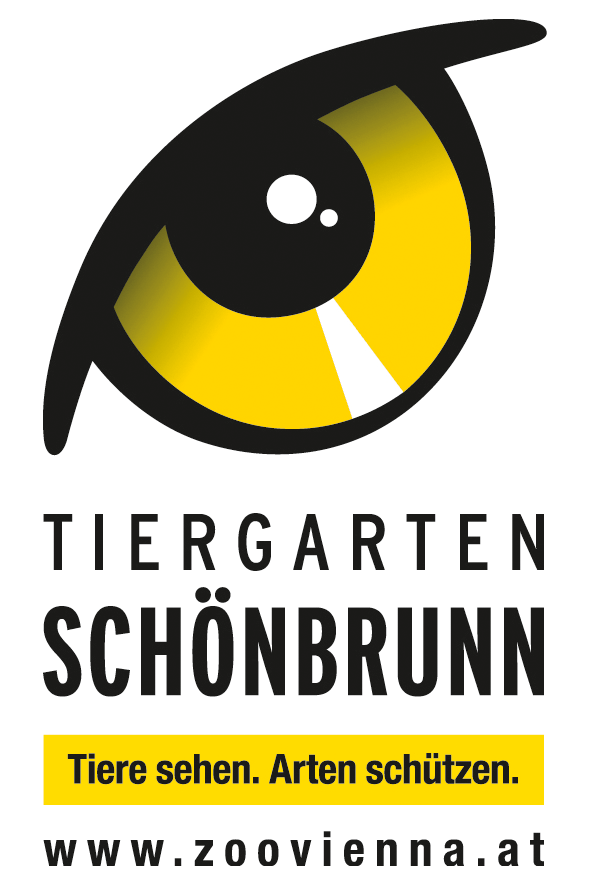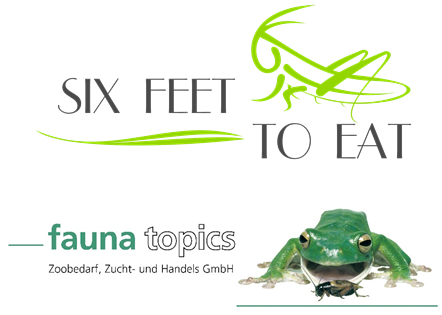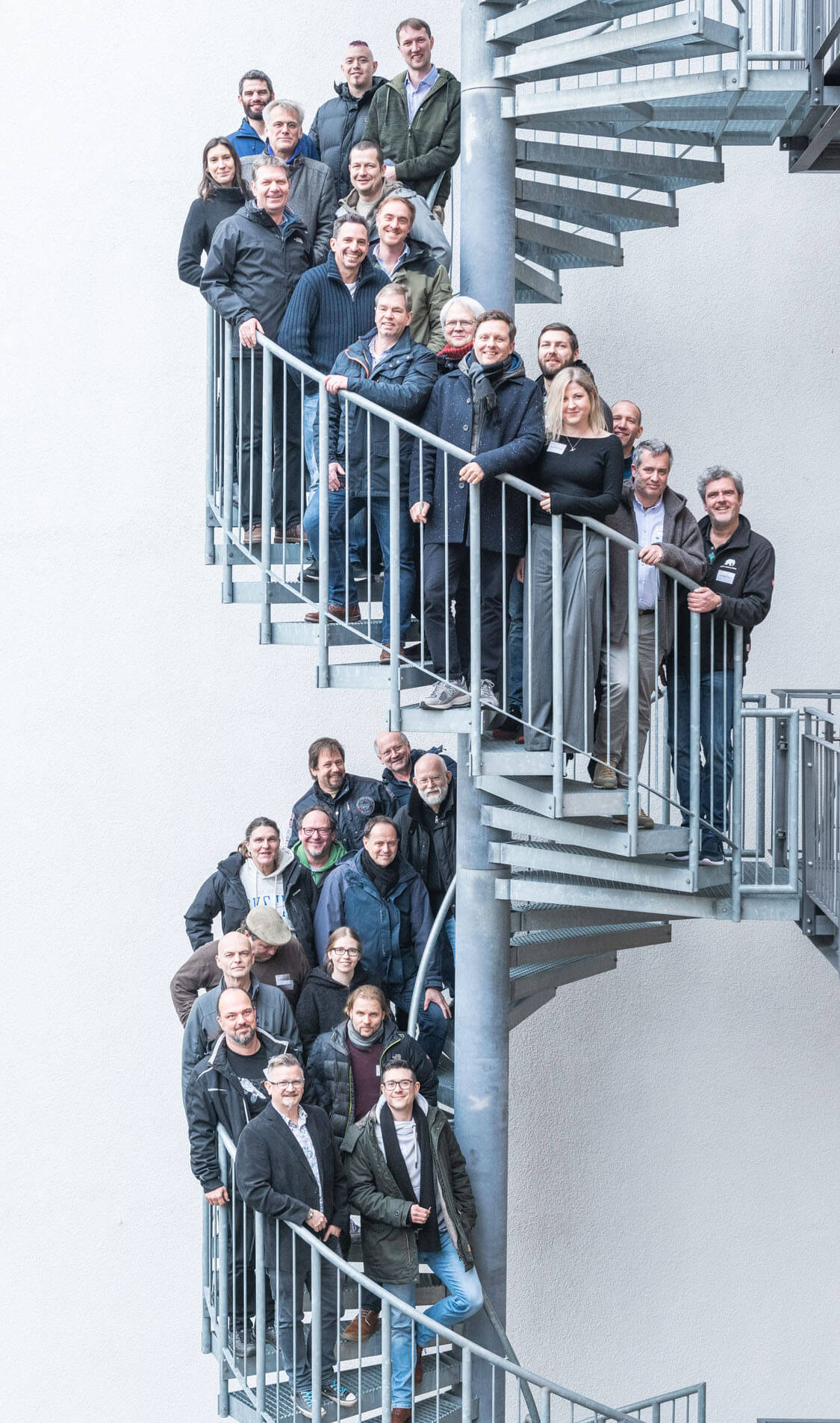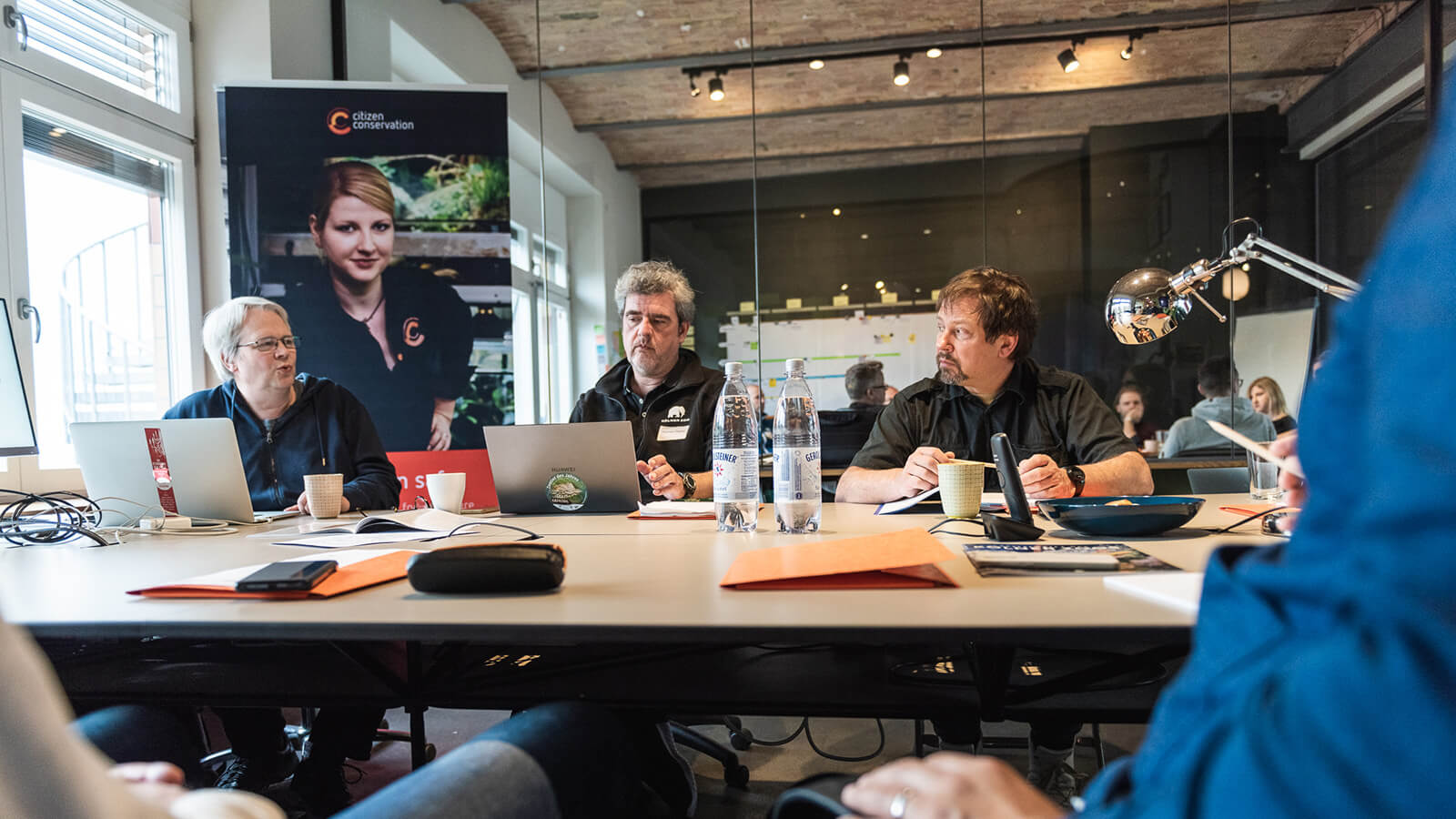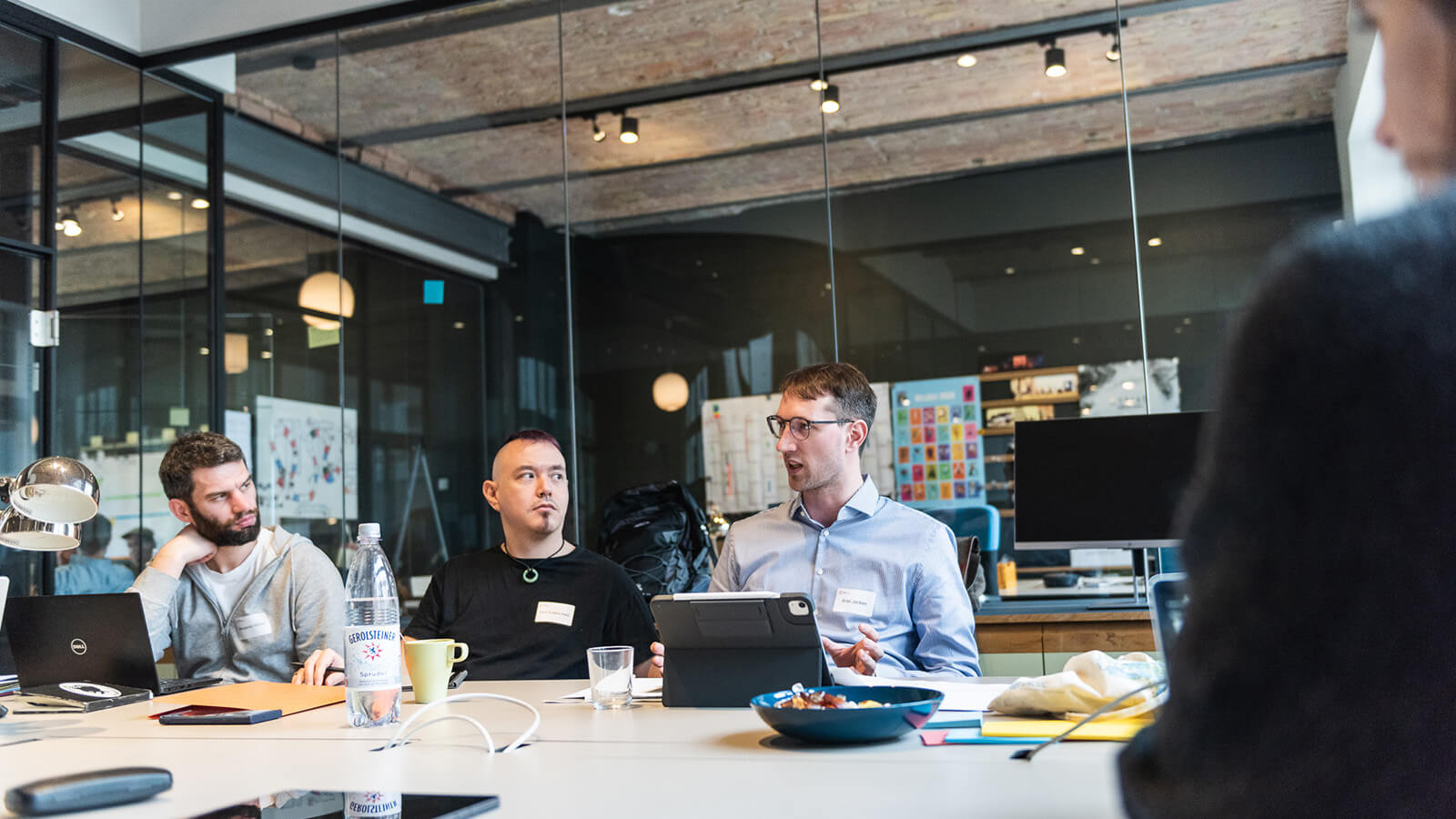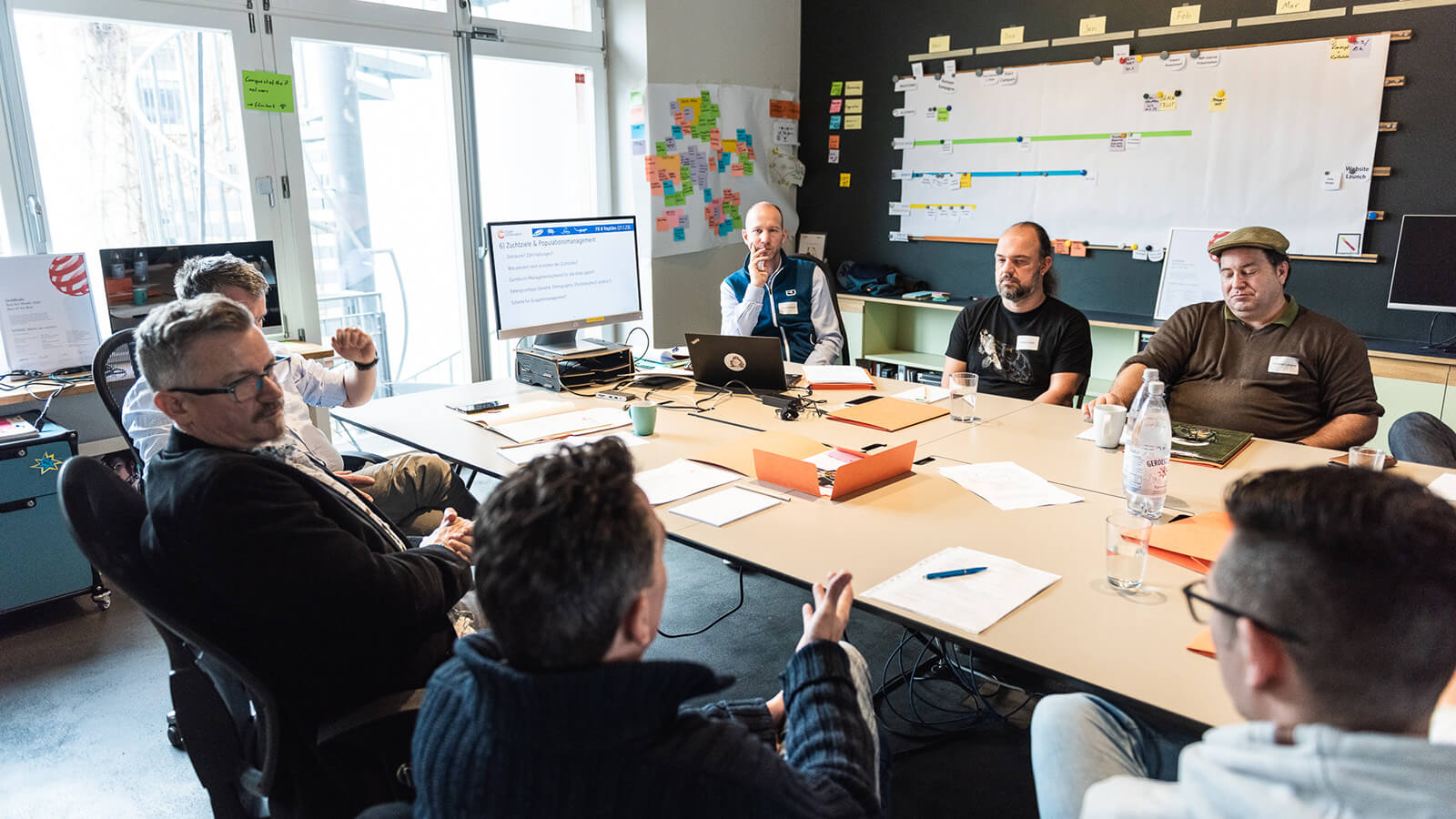Hintergrund
Die bedrohliche Beschleunigung des Artensterbens auf unserem Planeten stellt eine der großen Herausforderungen der Menschheit dar. Die koordinierte Erforschung und Nachzucht in Menschenobhut ist ein wesentliches Element, wenn wir diese Entwicklung aufhalten wollen. Über viele Faktoren des Zusammenlebens innerhalb von Lebensräumen wissen wir immer noch viel zu wenig, um diese Lebensräume effektiv zu schützen. Das Verständnis der Arten bietet hierfür einen Schlüssel. Wo es uns zeitweise oder vollständig misslingt, Lebensräume zu erhalten, werden Arten allein in Menschenobhut überdauern können. Wir tragen die Verantwortung für die Zukunft des Lebens auf der Erde.
Zoos, Forschungseinrichtungen und viele engagierte Privathalter*innen fühlen sich seit jeher dem Tier- und Artenschutz verpflichtet. In Citizen Conservation bündeln sie ihre Kräfte, um der neuen Dimension der Bedrohung ein leistungsfähiges Instrumentarium entgegenzusetzen.
Organisation
Als gemeinnützige GmbH verfolgt die Citizen Conservation Foundation ausschließlich ideelle Ziele. Im Gesellschaftsvertrag festgeschrieben ist das Anliegen, „einen Beitrag zum Kampf gegen das globale Artensterben zu leisten, mit einem Schwerpunkt auf dem Bereich der koordinierten Erhaltungszucht in Menschenobhut.“ Gestartet 2018 als Gemeinschaftsprojekt von Frogs & Friends mit der Deutschen Gesellschaft für Herpetologie und Terrarienkunde (DGHT) und dem Verband der Zoologischen Gärten (VdZ) wurde 2022 die gemeinnützige GmbH gegründet mit den drei Initiatoren als Gesellschaftern.
Partner
Citizen Conservation steht allen Institutionen und Menschen offen, die sich dem Tier- und Artenschutz verpflichtet fühlen und die aktuelle Aussterbewelle als gesamtgesellschaftliche Herausforderung betrachten.
Folgende Partner beteiligen sich finanziell am Aufbau von Citizen Conservation: Kölner Zoo AG, Zoologischer Garten Basel AG, Zoologischer Garten Augsburg GmbH, Zoologischer Stadtgarten Karlsruhe, Deutsche Tierpark-Gesellschaft e.V. (DTG), Zoologisch-Botanischer Garten Stuttgart (Wilhelma), Zoo Duisburg gGmbH, Zoologischer Garten Halle GmbH, Tiergarten Heidelberg gGmbH, Zoo Krefeld gGmbH, Zoologischer Garten Schwerin gGmbH.
Folgende Kooperationspartner unterstützen Citizen Conservation mit Vorteilen die CC-Teilnehmenden: Six feet to eat/Fauna Topics.
Organigramm
Die Gesellschafterversammlung als formal oberstes Organ der gGmbH setzt sich zusammen aus den jeweiligen Vorsitzenden der Vereine, namentlich Prof. Dr. Jörg Junhold, PD Dr. Mark-Oliver Rödel, Dr. Markus Monzel und Marco Schulz.
Als Kontrollorgan wurde ein Aufsichtsrat unter dem Vorsitz von Dr. Tim Schikora (Direktor Zoo Schwerin) eingerichtet, in dem neben Vertretern der Gesellschafter weitere zentrale inhaltliche und finanzielle Partner eine Stimme erhalten.
Das operative Geschäft wird im Rahmen einer Leitungsvereinbarung im gemeinsamen Betrieb zwischen Frogs & Friends und Citizen Conservation unter der Geschäftsführung von Björn Encke geführt.
Der Wissenschaftliche Beirat dient der Unterstützung der Geschäftsführung bei der fachlichen und unternehmerischen Weiterentwicklung von CC. Ihm gehören neben diversen Einzelpersonen auch die jeweiligen Fachbeiräte für die einzelnen Tiergruppen an. Diese setzen sich aus privaten und institutionellen Experten zusammen und sind maßgeblich an der Auswahl der Arten sowie der Ausgestaltung der CC-Programme beteiligt.
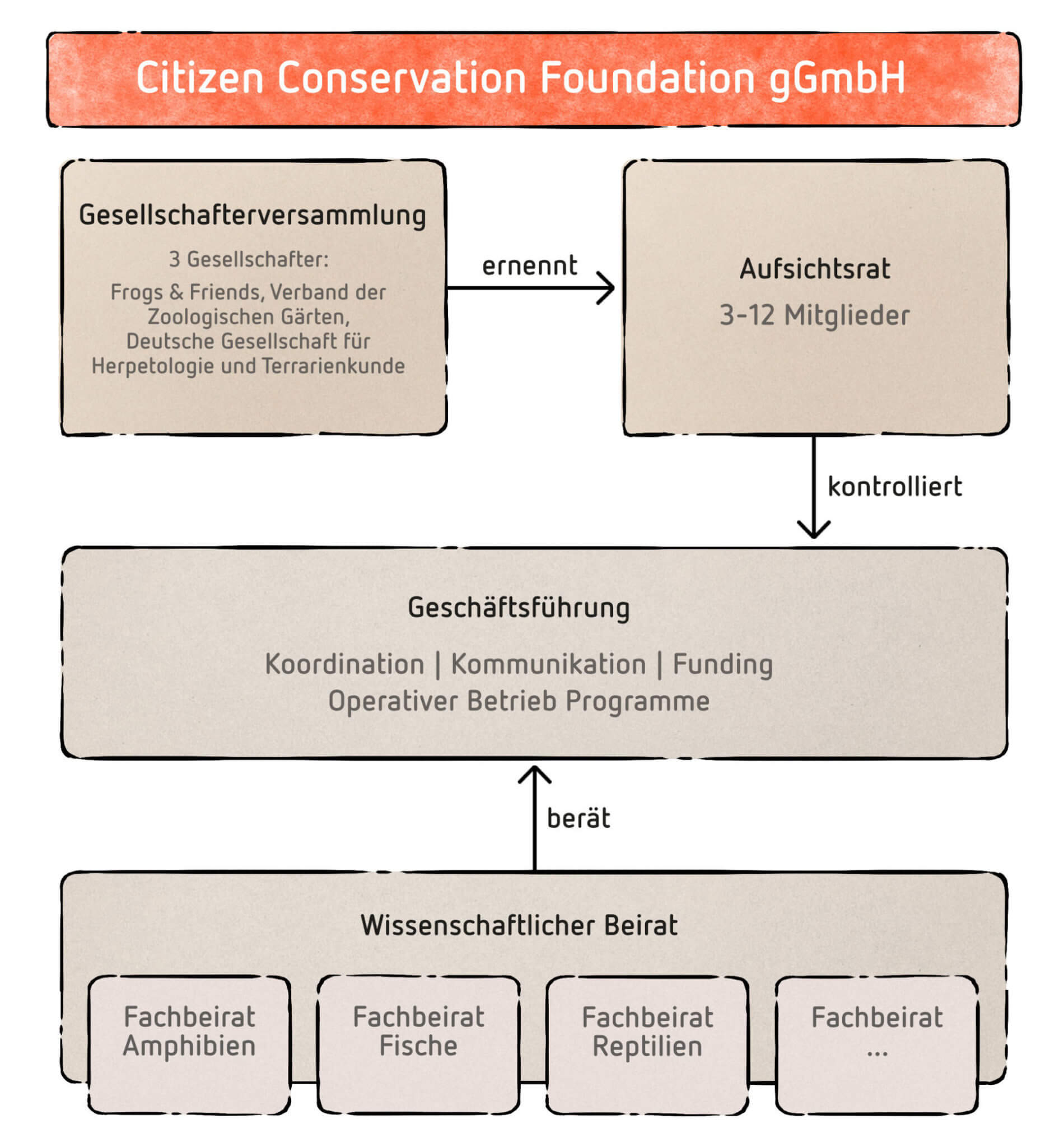
Mitglieder des Aufsichtsrates und Beiräte von CC
| Mitglieder des Aufsichtsrates | |
| Dr. Tim Schikora (Vorsitzender) | Direktor Zoo Schwerin, Schatzmeister VdZ (Verband der Zoologischen Gärten) |
| Saskia Kress (stellvertr. Vorsitzende) | Geschäftsführerin Filmtank GmbH, Geschäftsführerin Interactive Media Foundation |
| Gert Emmrich | Präsident DTG (Deutsche Tierparkgesellschaft) |
| Dr. Stephan Hering-Hagenbeck | Direktor Tiergarten Schönbrunn |
| Dr. Markus Monzel | Präsident DGHT (Deutsche Gesellschaft für Herpetologie und Terrarienkunde) |
| Dr. Olivier Pagan | Direktor Zoologischer Garten Basel |
| PD Dr. Mark-Oliver Rödel | Vorsitzender Frogs & Friends |
| Marco Schulz | Schatzmeister DGHT (Deutsche Gesellschaft für Herpetologie und Terrarienkunde) |
| Mitglieder des Wissenschaftlichen Beirats | |
| Michel Ansermet | Direktor AQUATIS - Aquarium - Vivarium Lausanne |
| Volker Ennenbach | Inhaber Tropenparadies Oberhausen |
| Matt Goetz | Kurator Durrel Wildlife Conservation Trust/Jersey |
| Volker Homes | Geschäftsführer VdZ (Verband der Zoologischen Gärten e.V.) |
| Dr. Tobias Kohl | Geschäftsführer Stiftung Artenschutz |
| Alexander Kühnen | CEO Bahlsen GmbH & Co KG |
| Dr. Arne Schulze | Geschäftsführer ZGAP (Zoologische Gesellschaft für Arten- und Populationsschutz e.V.) |
| Dr. Martin Singheiser | Geschäftsführer Bundesverband für fachgerechten Natur-, Tier- und Artenschutz e.V. (BNA) |
| Fachbeirat Amphibien | |
| Prof. Dr. Thomas Ziegler (Sprecher) | Kurator Aquarium & Koordinator Naturschutzprojekte Kölner Zoo |
| PD Dr. Tobias Eisenberg | Fachtierarzt für Mikrobiologie Abteilungsleiter Veterinärmedizin, Hessisches Landeslabor, Gießen |
| Dr. Karl-Heinz Jungfer | Privathalter |
| Dr. Axel Kwet | Geschäftsführer DGHT (Deutsche Gesellschaft für Herpetologie und Terrarienkunde) |
| Dr. Lukas Reese | Tierarzt und Kurator Exotenhaus Zoologischer Stadtgarten Karlsruhe |
| Dr. Joachim Nerz | Privathalter |
| Uwe Seidel | Privathalter |
| Fachbeirat Fische | |
| Anton Weissenbacher (Sprecher) | Kurator Tiergarten Schönbrunn |
| Stefan Karl Hetz | Wissenschaftlicher Fachreferent Heimtiere und Internationale Beziehungen beim ZZF (Zentralverband Zoologischer Fachbetriebe e.V.) |
| Stefan Inselmann | Project Manager Sander Aqua Design |
| Ariel Jacken | Seniorkurator Zoo Leipzig |
| David Kasih | Kurator 1000-Arten-Projekt |
| Dr. Holger Kraus | Kurator Exotarium Zoo Zürich |
| Benjamin Wilden | Projektleiter Paroshpromenus Project |
| Fachbeirat Reptilien | |
| Dr. Philipp Wagner (Sprecher) | Artenschutz-Kurator Allwetterzoo Münster |
| Markus Auer | Sammlungsmanager/-techniker, Senckenberg Naturhistorische Sammlungen Dresden |
| Gregor Geisler | Privathalter und Tierarzt |
| Felix Hulbert | Privathalter & Mitarbeiter Zoo Frankfurt |
| Christian Langner | Leiter Internationales Zentrum für Schildkrötenschutz, Allwetterzoo Münster |
| Thomas Lindner | Privathalter & selbstständiger herpetologischer Gutachter |
| Anna Rauhaus | Reviertierpflegerin Terrarium Kölner Zoo |
| Fabian Schmidt | Kurator Zoo Basel |



